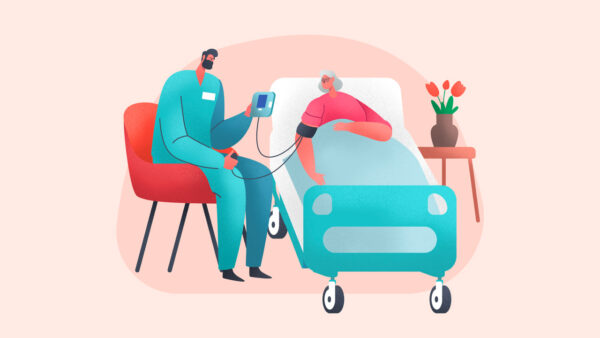
Recently, a company in Japan decided to incentivize their non-smoking employees with extra days off. The company made this decision after finding that nearly one third of their employees stepped away from their desks multiple times a day for cigarette breaks, resulting in non-smoking employees working more and spending more time at their desks.
We wondered if this kind of corporate policy would likely have any impact on long-term behavioral changes, so Sermo asked physicians, “Does incentivization lead to improved health habits in the long run?”
Out of the 3,835 physicians from 45 countries who responded, 77 percent responded, “Yes”:
“I think it depends on how big the incentive is. If it is really large/high value, it can work well. Most companies and health programs and individuals are not capable of offering highly valuable incentives.” – Ophthalmology
“Even an interruption of bad habits is better than continuing them ad infinitum.” – Family Medicine
“Of course you get what you incentivize. HOWEVER- The program must be verifiable, consistent, and have reasonably achievable endpoints.” – Anesthesiology
“Everything… even bad behavior has a price, so if the incentive is large enough and compared to the behavior desired to be changed people do attempt to achieve the healthier lifestyle. Have seen it work in primary care. Usually when the incentive is greater than a week’s extra pay/paid vacation time off.” – Internal Medicine
“YES. 1. Employee wellness programs produce workers to adopt healthy lifestyles. 2. Incentives play an important role to create and sustain healthy behaviors. 3. An important focus for the healthcare industry as a whole right now should be on using personalized incentives to help people change their behaviors.” – Psychiatry
“Yes, incentives are motivation. Carrot rather than stick. Nothing wrong with being rewarded for good behavior.” – General Practice
“Creating positive reinforcements in the work area will always bring improvements for the employee who receives the incentive as well as for the company since the worker will do their job with greater enthusiasm.” – Pediatrics
“The incentive has always been one of the best weapons to obtain favorable results, we see it with our children. I have tried it with some of my patients with addictions or children with lack of impulse control and it has worked.” – Psychiatry
“The incentive to quit smoking by granting additional days of leave is an excellent solution without it being radical and definitive, it is added to other ways of stopping dependence but as the previous commentary points out, it can be seen as an infringement of freedom and equal treatment.” – Hematology Oncology
However, 23 percent of respondents said no, and emphasized that the focus should be on education:
“No. To improve the health habits we have to work at grass root level, education and awareness can only improve the health habits.” – Pediatrics
“It seems to me that education is paramount to encourage healthy living habits, offer talks and workshops would be of great value, such as developing healthy foods, the importance of exercise for example would significantly help to improve the habits of workers and therefore in the general population.” – Pediatrics
“Absolutely not. It is a total waste of time, energy and resources. It is magical thinking run amok.” – Orthopedic Surgery
The poll was fielded in December of 2017. 3,835 physicians responded to the poll. The margin of error for the global poll was ±2%. More information about Sermo polling methodology can be found here.
Are you a physician? Log into Sermo to weigh-in on public health conversations with other doctors from around the world.














